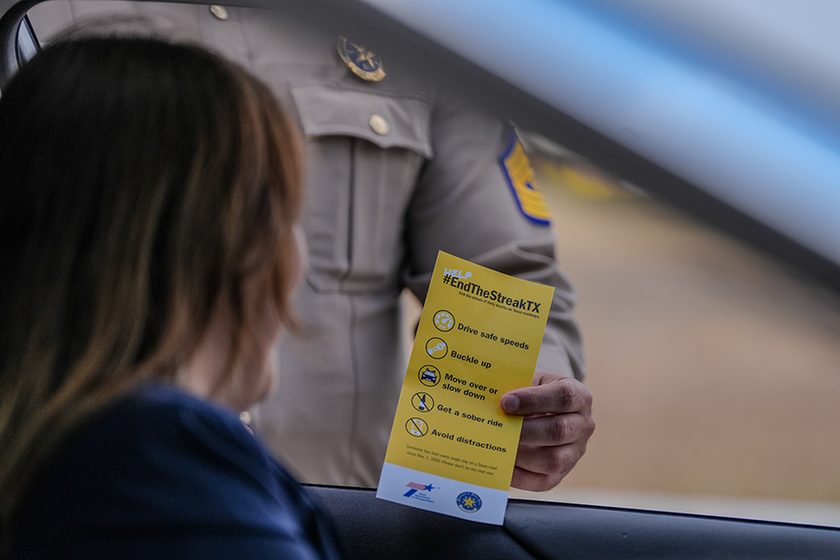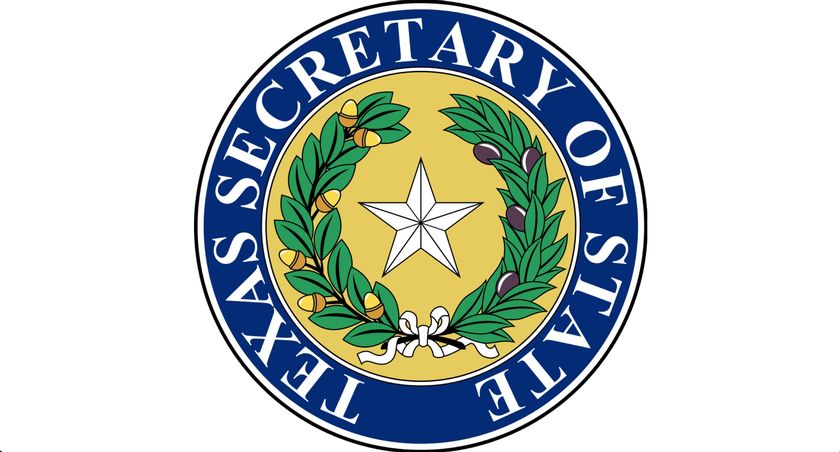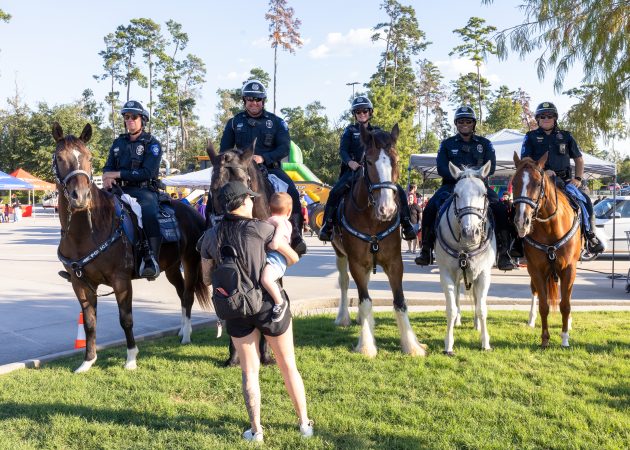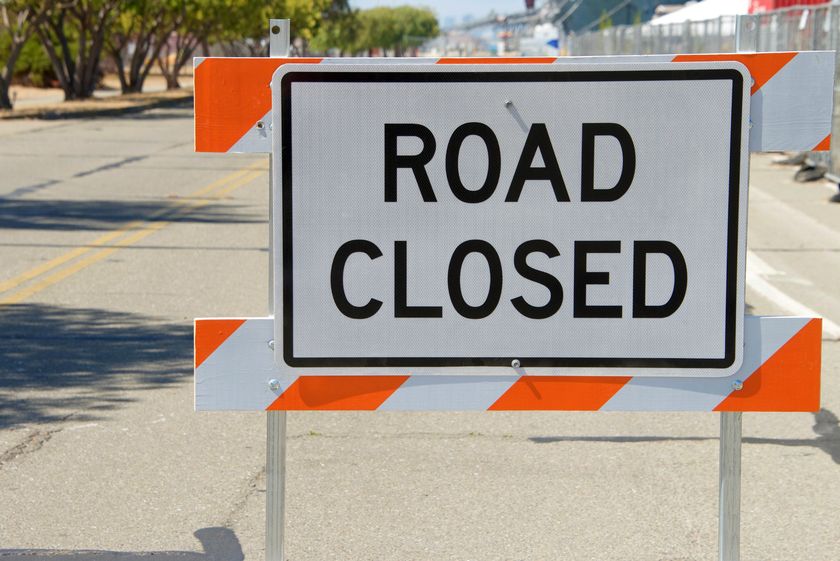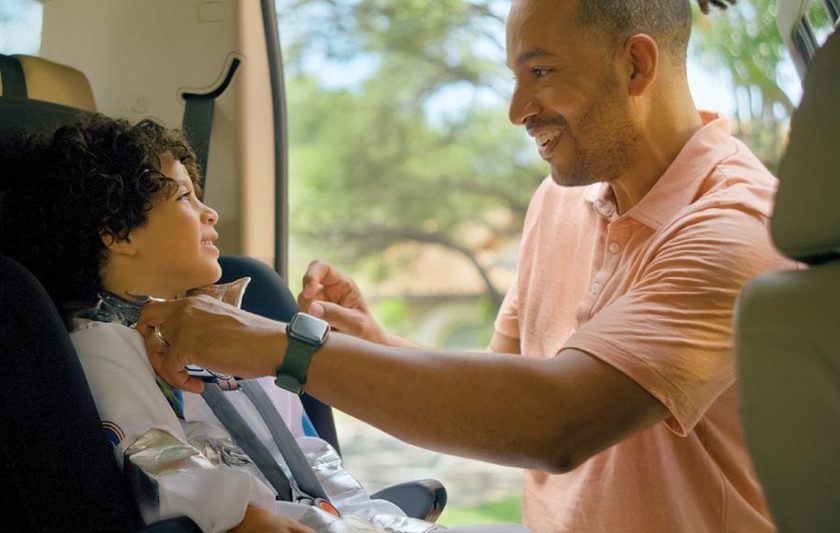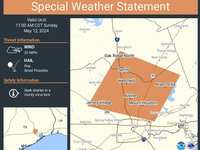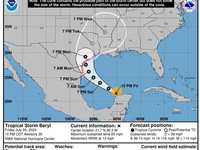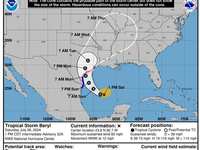- Sections :
- Crime & Public Safety
- Restaurants & Food
- Sports
- More
FEMA: Being #WinterReady can save lives
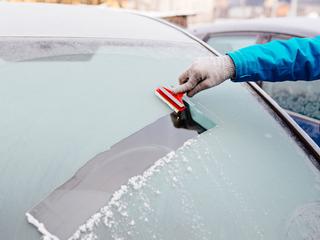
THE WOODLANDS, TX – Nearly three years ago, a severe winter storm brought hazardous conditions to millions of people across Louisiana, Oklahoma, and Texas, causing widespread disruptions such as frozen pipes, impassable roads, and power outages.
It marked the coldest winter storm in Texas since 1989, catching many residents off guard. Because areas in these southern states are not accustomed to these long-lasting severe winter events, many residents did not know how to stay warm and safe during severe winter weather.
"Winter weather can impact roads, schools, businesses, cause power outages and disrupt our daily routines," said FEMA Region 6 Administrator Tony Robinson. "It can also cause serious health risks, so now is the time to be #WinterReady to help keep you and your families safe."
FEMA is encouraging everyone to be #WinterReady this year, follow these general winter preparedness tips to keep your family safe.
Winterize your home
- Install weather stripping, insulation, and storm windows.
- Insulate water lines that run along exterior walls.
- Clean out gutters and repair roof leaks.
Check heating systems
- Have your heating system serviced professionally to make sure that it is clean, working properly, and ventilated to the outside.
- Inspect and clean fireplaces and chimneys.
- Have a safe alternate heating source and alternate fuels available.
- If you do not have working smoke detectors, install one inside each bedroom, outside each sleeping area, and on every level of the home, including the basement. Test batteries monthly and replace them twice a year.
Prepare your vehicle before travel
- Get your vehicle ready for cold weather use before winter arrives.
- Prepare a winter emergency kit to keep in your car in case you become stranded. The kit should include:
- Cell phone, portable charger and extra batteries
- Items to stay warm, such as extra hats, coats, mittens, blankets or sleeping bags
- Food and water
- Booster cables, flares, tire pump, and a bag of sand or cat litter (for traction)
- Compass and maps
- Flashlight, battery-powered radio and extra batteries
- First-aid kit
Prepare for emergencies
- Be prepared for weather-related emergencies, including power outages.
- Stock food that needs no cooking or refrigeration and water stored in clean containers.
- Ensure that your cell phone is fully charged.
- When planning travel, be aware of current and forecast weather conditions.




